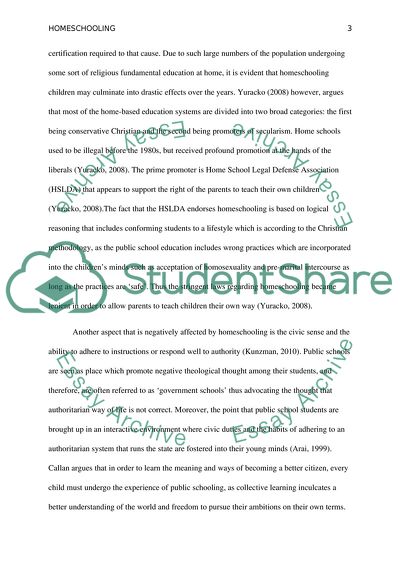Cite this document
(Homeschooling Article Example | Topics and Well Written Essays - 1250 words - 1, n.d.)
Homeschooling Article Example | Topics and Well Written Essays - 1250 words - 1. https://studentshare.org/english/1855051-homeschooling
Homeschooling Article Example | Topics and Well Written Essays - 1250 words - 1. https://studentshare.org/english/1855051-homeschooling
(Homeschooling Article Example | Topics and Well Written Essays - 1250 Words - 1)
Homeschooling Article Example | Topics and Well Written Essays - 1250 Words - 1. https://studentshare.org/english/1855051-homeschooling.
Homeschooling Article Example | Topics and Well Written Essays - 1250 Words - 1. https://studentshare.org/english/1855051-homeschooling.
“Homeschooling Article Example | Topics and Well Written Essays - 1250 Words - 1”. https://studentshare.org/english/1855051-homeschooling.


